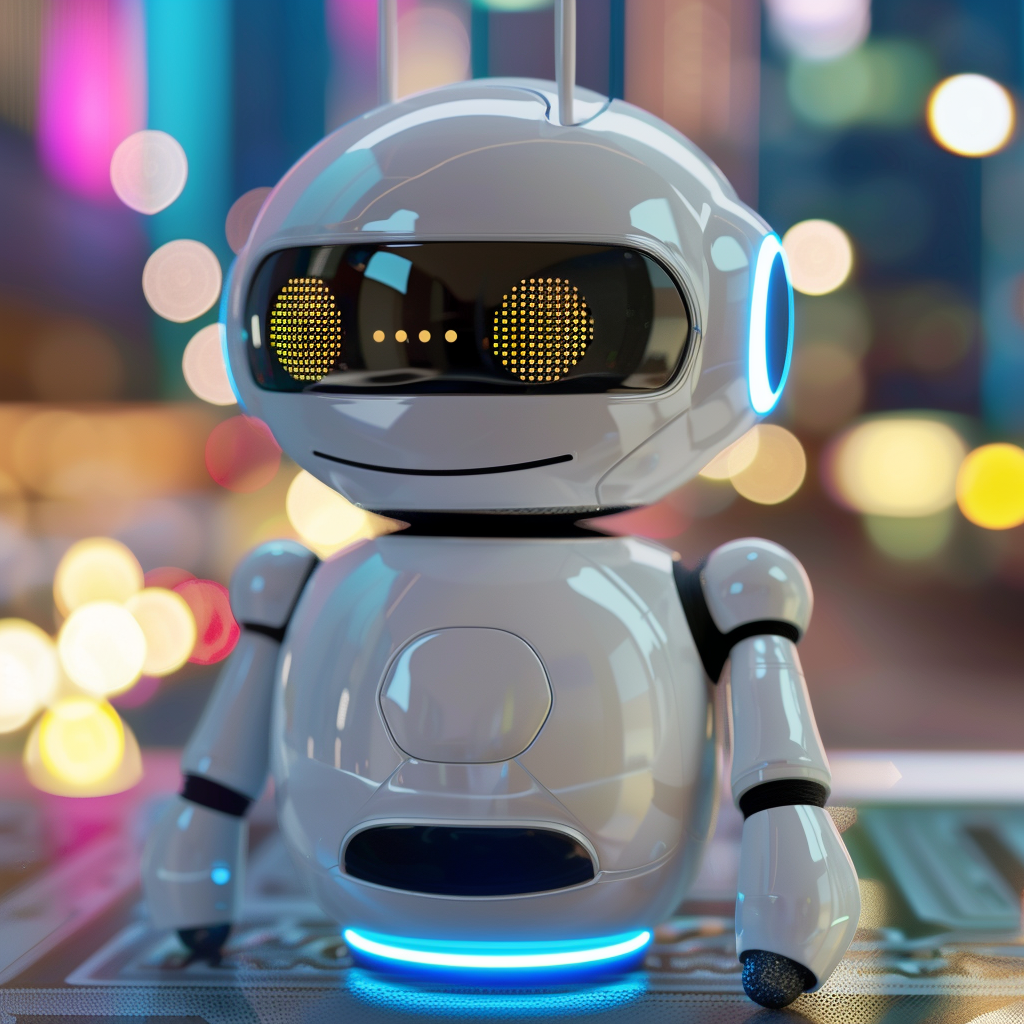

Hey there! Have you ever chatted with a customer service bot or used an AI assistant like Siri or Alexa? These tools are super handy, but a new study has found something interesting—and a bit concerning.
It turns out that chatbots might be suffering from confirmation bias, especially when dealing with controversial issues.
Let’s break down what this means and why it’s important.
First off, what exactly is confirmation bias? It’s a type of cognitive bias where people favor information that confirms their preexisting beliefs or values. This can lead to skewed perceptions and decisions based on partial or selective information. Now, you might be wondering, how does this apply to chatbots?
Chatbots are powered by algorithms that learn from vast amounts of data. If the data they are trained on is biased, or if the algorithms themselves are flawed, the chatbots can exhibit biased behavior. For example, if a chatbot has been trained on data that predominantly reflects a particular viewpoint, it may tend to favor that viewpoint in its responses.
So, what did the researchers discover? The study, led by AI and ethics experts, explored how chatbots handle controversial topics like climate change, vaccination, and political ideologies. Here’s a quick rundown of their findings:
These findings have some serious implications. Here’s why you should care:
Chatbots are increasingly being used for information dissemination. If they exhibit confirmation bias, they could contribute to the polarization of public opinion. For example, someone skeptical about climate change might receive responses that reinforce their skepticism, further entrenching their beliefs.
There are significant ethical concerns around the use of biased chatbots. They could inadvertently spread misinformation or contribute to echo chambers, where users are only exposed to information that aligns with their preexisting beliefs.
For AI to be effective and trustworthy, it needs to be unbiased and fair. Confirmation bias in chatbots undermines this trust and raises questions about the reliability of AI systems in general.
So, what can be done to tackle this problem? Here are a few suggestions from the experts:
One way to reduce bias is to ensure that chatbots are trained on diverse and representative datasets. This means including a wide range of perspectives and avoiding data that is skewed towards a particular viewpoint.
Developers can implement tools and techniques to detect and correct bias in chatbot responses. This could involve regular audits of chatbot interactions and the use of algorithms designed to identify and mitigate bias.
Transparency is key. Chatbot developers should be open about how their systems are trained and the measures they take to ensure fairness. Additionally, there should be mechanisms for accountability, allowing users to report biased behavior and seek redress.
Parting thoughts, this study highlights an important issue in the field of AI: confirmation bias in chatbots. As these tools become more integrated into our daily lives, it’s crucial to address this bias to ensure that they provide fair and balanced information. By using diverse training data, implementing bias detection tools, and promoting transparency, we can work towards creating more reliable and trustworthy chatbots.